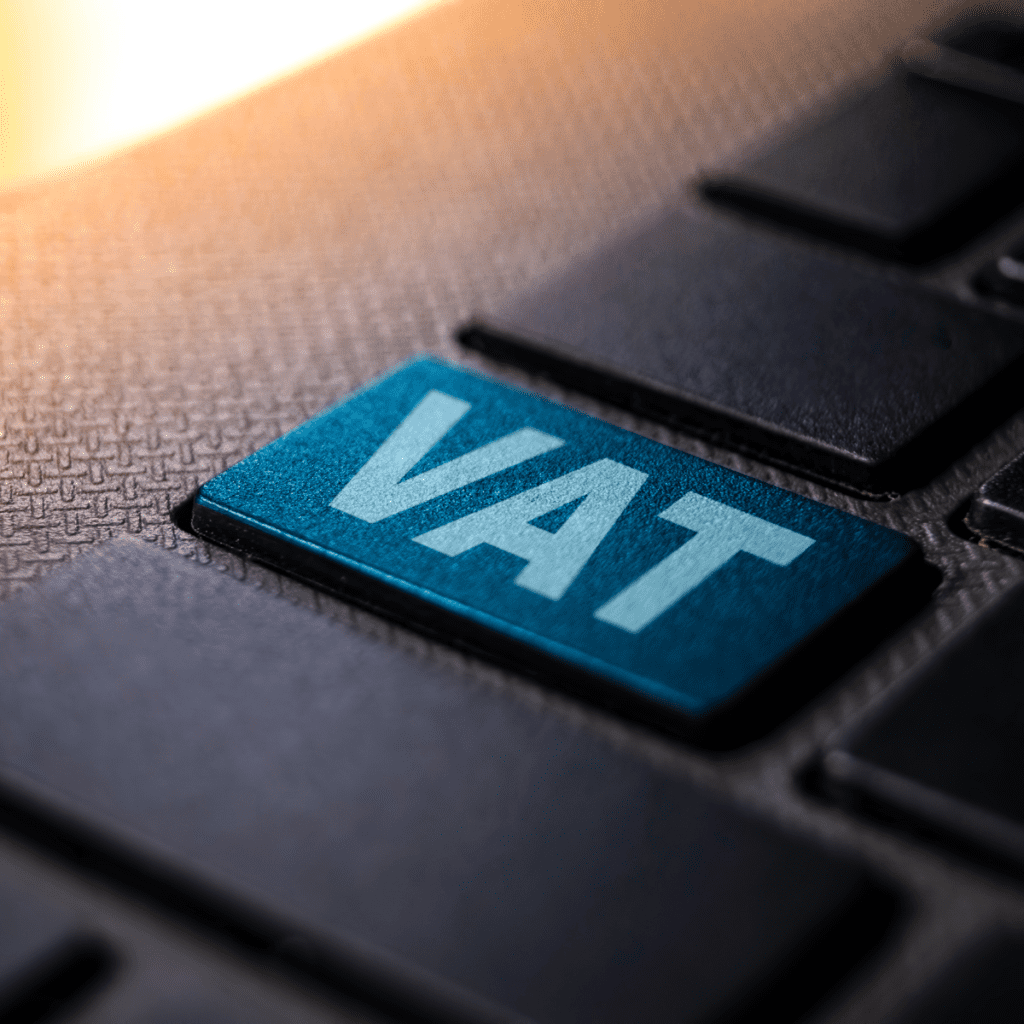The changes in the VAT penalty system which we have known about for a while comes into effect next month (January 2023). We are expecting more details this month from HM Revenue & Customs but here’s what we know so far relating to the changes to VAT penalties.
The main reason for the introduction of this new regime is to harmonise the penalty system across all taxes. This has been the vision at HMRC and they are keen to penalise those tax payers who continuously break the rules.
VAT penalties regime changes
The changes will affect all VAT periods starting after 1st January 2023. What is important to understand is that any nil returns or returns generating refunds will also be affected.
-
If you submit your VAT Return late
The late filing penalty will now be a points-based system. For every late return there will be a late submission penalty point and once you reach a threshold that’s when the fines kicks in.
You get given 1 penalty point every time you miss a filing deadline.
You will then need to reach a threshold which is set as:
| Frequency of submission | Threshold – Points | Compliance period |
| Annually | 2 | 2 years |
| Quarterly | 4 | 1 year |
| Monthly | 5 | 6 months |
You can see from the above table how the penalty will be charged. If for example you are filing quarterly and have missed 4 deadlines, you will be in penalty territory.
Once you reach the threshold you will receive a £200 penalty. If you continue to file late thereafter you will receive another £200 fine for each late submission.
This system will eventually be extended to all taxes and so the points will gather from late filing for other taxes too. It is all part of the Making Tax Digital (MTD) plan. So those taxpayers who file late returns across different taxes will receive more fines.
During the compliance period, which is dependent on how often you file, you must make sure you file everything on time and have caught up on any missed deadlines. If you remain compliant during the period, then the penalty clock be reset to zero.
It works a lot like the DVLA points system on your driving licence.
This basically means that if you are a persistent rule breaker you will receive fines. However, if you miss an occasional deadline then the system will not be so punitive
HMRC has said they will give everyone a chance to get used to the changes. They will not charge a penalty for the first late return in 2023 providing you pay the VAT liability in full within 30 days of the usual payment date.
The usual payment date is one month and 7 days after the end of your quarter date. So, for example if you are submitting your March 2023 Return, you have until 7th May to file your return and pay your VAT. If your return is late this period, you need to have paid your VAT by 6th June to avoid penalty points.
- If you don’t pay your VAT on time
The way the penalties work for late payments is different. It depends on how soon you make the payment after the due dates. So, the sooner you pay your liability, the lower the penalty.
If you pay the VAT due within 15 days of the due date, then you will not be charged any penalty but of course interest will be charged. If you cannot afford to discharge the liability in full you should contact HMRC immediately and arrange “time to pay”. This way you won’t receive the penalties either.
If the payment is not made then on day 15 you will receive a penalty which will be 2% of the VAT you owe. This will also be the case if you make the payment from day 16 to day 30.
After 30 days late there will be a further 2% penalty. This is calculated at what you owe on day 30.
After 31 days there will be daily penalties calculated at 4% per annum on the amounts outstanding.
HMRC have said they will not apply the 15-day rule until 2024 so if you are late next year just make sure all the VAT liability is paid within 30 days of the due date.
HMRC charges interest on late payments and this is currently calculated at base rate plus 2.5%.
How to avoid penalties and errors
The first place to start is to make sure you complete and file your VAT Returns on time and with accuracy. If you are not already using cloud accounting perhaps it is time to give it a serious thought.
Cloud software can improve the accuracies of your bookkeeping and VAT and most software now also have tools which help you when preparing the VAT Returns.
If you cannot afford to pay the VAT on time don’t delay the filing. Instead file the VAT Return and then ask for time to pay.
If you can afford to pay your VAT on time you should set up the direct debit so as to remove one more piece of administration.
The new penalty regime is designed to catch the persistent offenders. If you are organised with your bookkeeping and VAT you will be fine, but if you are not then it is time to get some help.
So, if you need help with your taxes get in touch now.
You can contact your normal manager at Myers Clark or if you are not yet working with us email Priya who can help you initially with your tax questions.

